
After a long period of stagnation and uncertainty over the fate of the Kish gas field development plan, new news is now reporting progress in drilling in the field and the completion of the ninth well; an event that coincides with rumors of the field being transferred to Persian Gulf Holding and has also raised speculation about the role of Touraj Dehghani, CEO of Pars Oil and Gas. Is the Kish gas field on the verge of a high-profile transfer to the petrochemical sector?
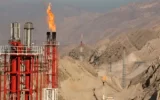
The CEO of the Central Iranian Oil Company said: The company has prepared 11 investment packages worth about $9 billion for the development of gas fields, which, once operational, will increase the country's daily gas production capacity by about 100 to 140 million cubic meters.
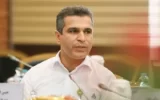
The head of the South Pars Gas Complex Site 2 deputy announced the implementation of extensive programs to increase production, improve operational flexibility, reduce flaring, and improve employee accommodation infrastructure, and said: "With the measures taken, the complex's safe and sustainable production will be guaranteed next winter."
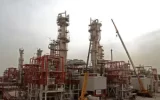
The manager of the 9th South Pars Refinery announced the start of the 1404 overhaul operation, with the aim of maintaining the stability of gas production and improving the quality of products, starting on April 8 for 13 days.

China's oil imports from Iran increased in March 2025.
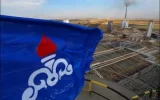
The list of investment opportunities for the National Iranian Oil Company, which will be presented at the event "Transformation in Investment and Upstream Development of Iran's Oil and Gas", was announced.
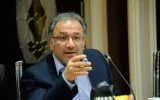
The CEO of the National Iranian Drilling Company announced an investment of $800 million from the National Iranian Oil Company's resources to purchase 15 onshore drilling rigs this year, and said: "About $200 to $300 million from the company's domestic foreign exchange resources will be allocated to supply ancillary equipment such as cementing pumps and nitrogen."
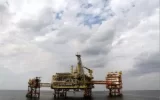
The director of the Khark operational area announced the remarkable success of the Iranian Offshore Oil Company's specialists in increasing oil production in the Durood field, saying: "This achievement, which came to fruition in the last days of Esfand 1403, coinciding with the anniversary of the nationalization of the oil industry, is the result of months of relentless efforts to launch a three-well gas supply project in this field."
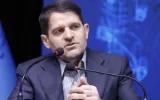
The CEO of the National Petrochemical Industries Company emphasized diversifying target markets and examining and identifying opportunities and challenges for the development of the country's petrochemical industry in the next 20 years.
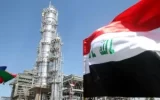
The cancellation of Iraq's exemption from importing gas from Iran and the end of Iraq's electricity sector's dependence on Tehran will provide a good opportunity for the GCC countries to participate in Iraq's energy sector.










